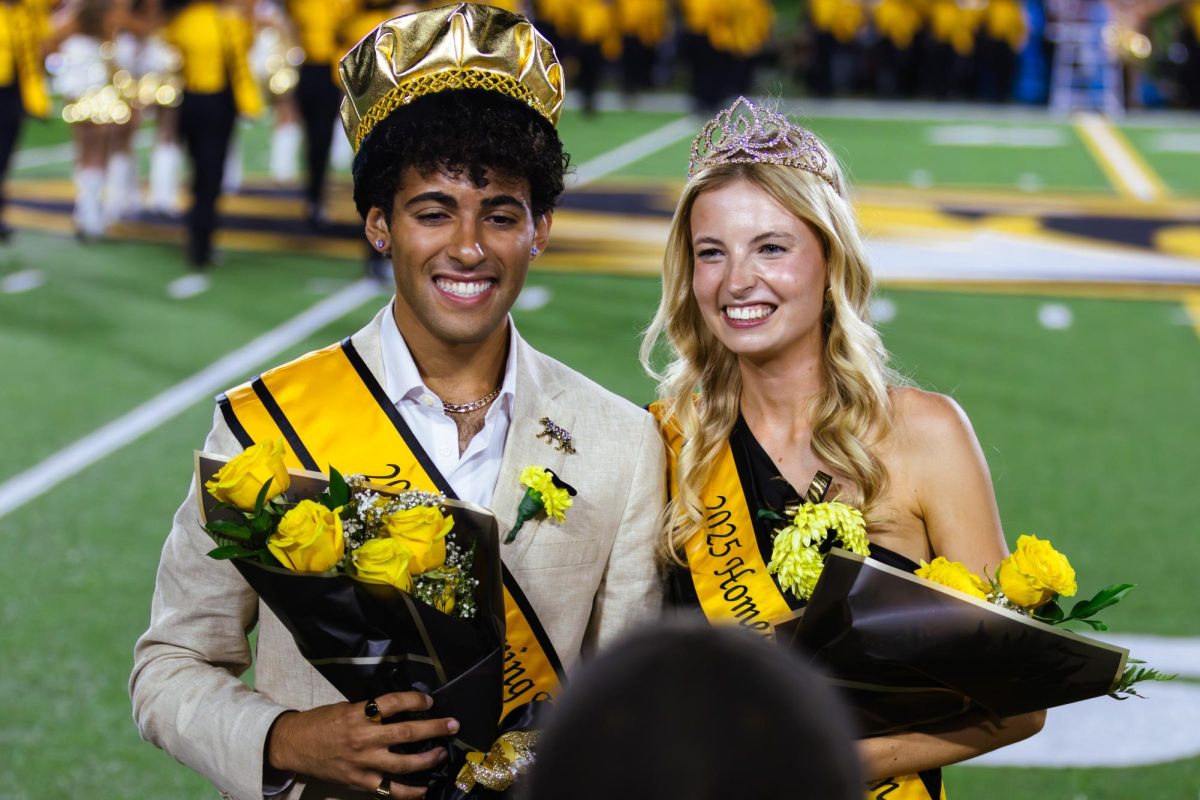In December, Netflix’s Ted Sarandos claimed that their original movie “The Christmas Chronicles” would’ve opened to $200 million at the box office had it been released in theaters.
To put things in perspective, “Black Panther,” the ninth highest-grossing movie of all time, opened to an impressive $202 million. It’s impossible to measure cultural impact, but an already-forgotten movie where Kurt Russell plays Santa doesn’t quite rival something as monumental as “Black Panther” or even something like “Bird Box.”
Shot entirely on an iPhone 7, “High Flying Bird,” Steven Soderbergh’s first film for Netflix, suggests something Sarandos has fundamentally misunderstood – that streaming can succeed in its own right, not replacing the theatrical experience but merely disrupting it. Instead of buying the middling movies studios don’t want to bother with a theatrical release for, maybe streaming services should buy the ones intentionally designed to forgo it.
A low-key, high-stakes NBA drama that takes place almost entirely off-court, “High Flying Bird” is the first of Netflix’s original movies to reckon with how the digital age and Netflix itself have shaken things up. Rather than obnoxiously wink at its audience about Netflix’s existence like December’s “Black Mirror” special “Bandersnatch,” the film uses the lens of the NBA’s control over the rights to its players and their images as a parallel for the increasing cautiousness of the film industry.
Since coming out of retirement in 2017, Soderbergh’s films have dealt increasingly with systems that neglect the people they require to operate. “Logan Lucky,” among other things, dealt with prison reform and corporate corruption, while last year’s “Unsane” set its eyes on the loopholes within America’s health care system. With a script from “Moonlight” Oscar-winner Tarell Alvin McCraney that’s nothing short of brilliant, “High Flying Bird” targets its subject – the NBA and its owners – with a welcome lack of subtlety.
Ray Burke (André Holland, in the first truly great performance of 2019) is an agent for Erick Scott, recent number one overall NBA Draft pick, who’s struggling to make ends meet in the midst of an unprecedented lockout. In the film’s impressive opening monologue, Burke explains the rules of the game “on top of the game” to Scott, telling him that the league is designed to take advantage of and exploit him.
With pressure on to keep his biggest client and his job, Burke hatches a plan to force an end to the lockout that may render the NBA obsolete entirely. That plan is pointedly not very different from what Soderbergh himself has done with the film by shooting it on an iPhone and selling it to Netflix. Soderbergh is known for directing breezy heist comedies like “Ocean’s Eleven” and its sequels and has slyly made another one here, but that only becomes clear in the movie’s final moments.
Some will compare McCraney’s script to “Moneyball,” another movie focused on the mechanics of a sport, but it’s got more in common with another Aaron Sorkin-penned movie – ”The Social Network.” Its dialogue is obsessed with the way people negotiate and how much they’re willing to give up. Like the way “The Social Network” was the first legal thriller for the digital era, “High Flying Bird” is the first digital sports drama. At times it feels downright radical.
For better and worse, Netflix has permanently altered the way we watch movies and the way the movie industry views itself. In the past year, critically-acclaimed movies that seemed surefire hits like “Annihilation” and “First Man” failed to find an audience while mediocrity like “Bird Box” became a bonafide hit, simply because of its instant accessibility. If streaming is the way of the future, then that future is uncertain and off to a rocky start. But “High Flying Bird” offers hope that someday soon, movies will be back in the hands of the people who make them, not the ones who sell them. All it takes is a little negotiation.
_Edited by Janae McKenzie | [email protected]_







